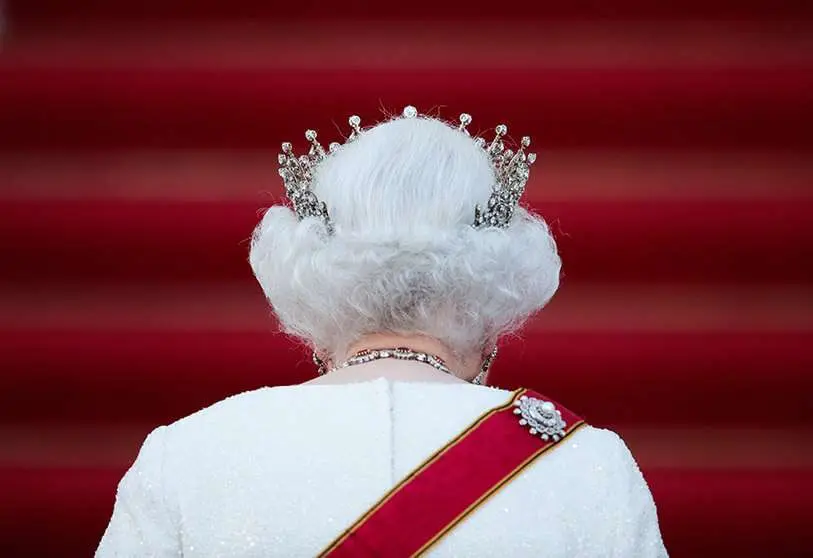Elizabeth II of England: the closing of a chapter in history

The death of Elizabeth II of England is much more than the death of a monarch. With it, a world that has long since existed only as an illusion to which the Queen's credibility allowed her to cling, in these uncertain and, we are told, liquid times, vanishes for good.
Few things can more dramatically mark the passing of an era than the fact that Elizabeth II was crowned under the aegis of Winston Churchill, and will be buried with Liz Truss at the head of what remains of the old British Empire, with more fog in the English Channel than ever before.
The list of dignitaries and historical figures who shook hands with the late Queen is so long that it is absurd to even attempt to enumerate it. Suffice it to say that, without fear of contradiction, we can say that Isabella II created the mirror of constitutional monarchy in the world in which all democratic royalties have sought to reflect themselves, without any of them having managed to transmit the combination of gravitas and authentēs that she did, which allowed her to rule over a period of unprecedented social and technological changes, acting as a link between the past, the present and the future.
Of course, Elizabeth II had the advantage of reigning under the halo effect of her status as Defender of the Faith and Supreme Ruler of the Church of England, the Anglican equivalent of the papacy, a transnational responsibility that places English monarchs on a different plane, effectively beyond good and evil, obliging them to an ethical and moral exemplarity from which other royals are free.
All in all, Elizabeth II has demonstrated a more than remarkable political intelligence during her 70 years of reign, negotiating problems and crises in an invisible but tangible way, becoming a true pillar without which it will be very difficult for the country she leaves behind to find the collective wisdom necessary to face all the challenges ahead, including that of its own survival as a political unit and the challenge of preserving institutions so traditionalist, extravagant and organically centred on the monarchy that their legitimacy is largely based on public consent - emotional consent - of the figure of the monarch.
Time will tell whether the solemn rituals, the mass celebrations with as much pomp and circumstance as profusion of flags and self-esteem, are meaningless without the radiant smile of Elizabeth II of England.



